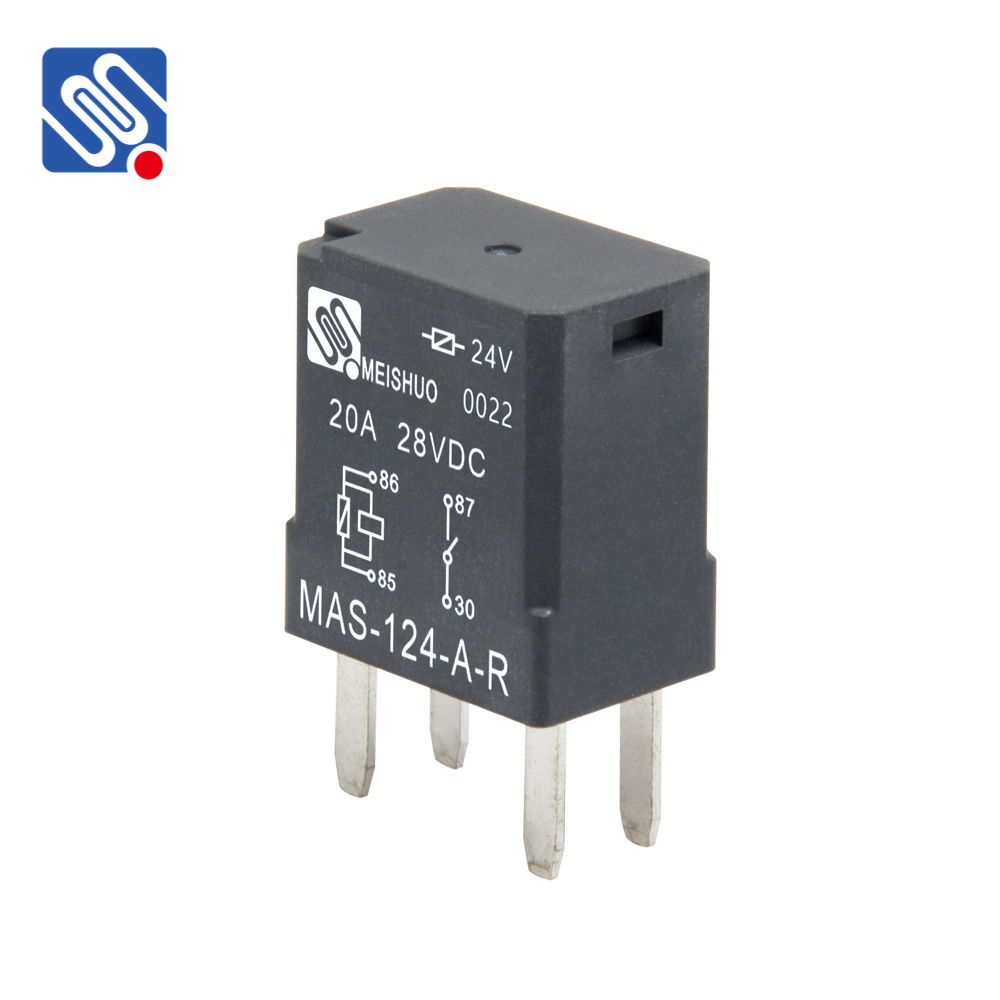understanding the 24v 30a relay: a comprehensive overview
Release time:2025-06-25 22:23:47
A 24V 30A relay is an essential component widely used in electrical systems for controlling high current applications. This type of relay plays a vital role in automation, automotive circuits, industrial machinery, and many other areas that require remote control of electrical devices. In this article, we will explore the technical aspects, applications, and advantages of a 24V 30A relay, helping you understand why this small device is a crucial element in many electrical systems.

What is a 24V 30A Relay?
A 24V 30A relay is an electrically operated switch that uses a 24V DC signal to control the connection and disconnection of electrical circuits carrying high current, typically up to 30 amperes. Relays like these consist of an electromagnet (the coil), contacts that open or close, and a spring mechanism that returns the contacts to their original state when the relay is not activated. When a 24V DC signal is applied to the coil, it generates a magnetic field that moves the contacts, either opening or closing the electrical circuit depending on the relay’s design.

